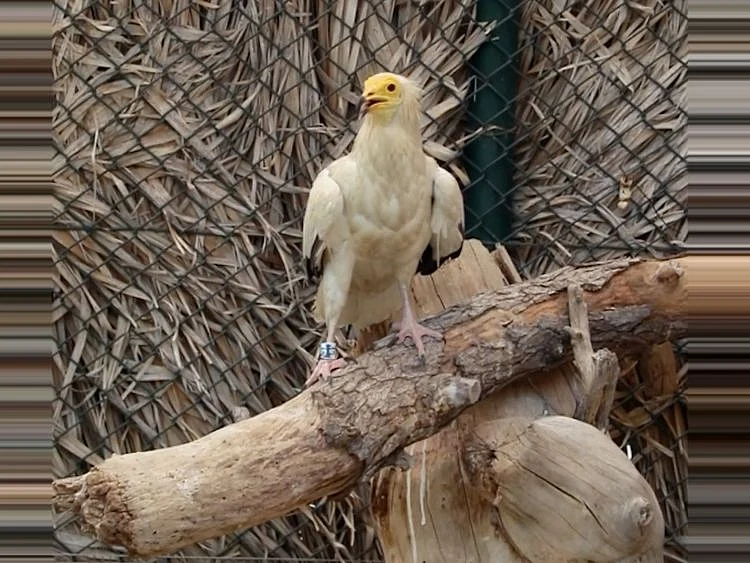Look: UAE centre successfully breeds critically-endangered raptors
Kalba Bird of Prey Centre scores success by breeding 7 Egyptian vultures

Sharjah: The Kalba Bird of Prey Conservation Centre has announced its success in breeding seven (7) birds of the Egyptian Vulture species.
The success forms part of ongoing efforts by the Environment and Protected Areas Authority in Sharjah (EPAA) to breed raptors, especially those that are rare and endangered locally and globally.
Hana Saif Al Suwaidi, the Chairperson of the Environment and Protected Areas Authority in Sharjah, stated that the Kalba Bird of Prey Centre is the first of its kind in the UAE and the Middle East.
The centre takes special care in mobilising the necessary capabilities and resources to conserve rare raptors, protect them, and preserve their natural habitat, especially since the city is located on a major migratory route for various types of birds, both raptors and non-raptors.
Critically-endangered birds
The chairperson of the EPAA pointed out that the centre’s first experiment in breeding and raising young Egyptian vultures started in 2018 and has been successful so far in breeding 7 birds of this rare species.
The success serves as a motivation to continue breeding efforts for this bird, which inhabits the United Arab Emirates, one of the countries it calls home, and is considered endangered at the global level according to the International Union for Conservation of Nature’s (IUCN) Red List.
BREEDING SEASON
The Egyptian vulture belongs to the falcon family within the order of raptors and is part of the Old World eagle family. It varies in size from medium to large, measuring between 60 to 70 cm in length, and is commonly found in tall trees and rocky edges within arid plain areas. It begins its breeding season in the spring.
Al Suwaidi praised the efforts of the centre’s team in preserving raptors and their natural environment, and enhancing its position as a safe haven and suitable habitat for hosting these types of birds.
The breeding programme contributes to the revival of the region’s heritage and authentic customs through preserving raptors, which number over 46 species, especially the various types of falcons and migratory birds that move between different areas.
The centre launches many programmes to welcome delegations and visitors of various nationalities and ages, offering them the opportunity to watch live shows and enjoy them outdoors, and educating them on their environmental and cultural importance.
The centre organises special shows annually on Falcon Day, coinciding with the World Falcon Day; with the participation of many departments, in addition to hosting thousands of school students of different ages to entertain and educate them about the simple primary life of birds, introduce them to it, and differentiate between their types and their surrounding environment.
Protection, breeding
She also confirmed that the EPAA is taking distinctive steps in leading efforts to protect living organisms from extinction in the region.
This includes its active contribution to launching a comprehensive database for the Red List of endangered species, and its pivotal role in preparing and issuing comprehensive studies and surveys in the environments of the Arabian Peninsula, and participating in programmes and initiatives aimed at identifying species that are on the brink of extinction and finding suitable solutions to mitigate this.
She continued that the studies and field research conducted by the EPAA have led to many important pieces of information and results concerning wildlife, the living organisms that have been bred in captivity, as well as matching their genes and DNA to know the diseases they suffer from and how to preserve and multiply these animals in captivity naturally.
Sign up for the Daily Briefing
Get the latest news and updates straight to your inbox
Network Links
GN StoreDownload our app
© Al Nisr Publishing LLC 2026. All rights reserved.